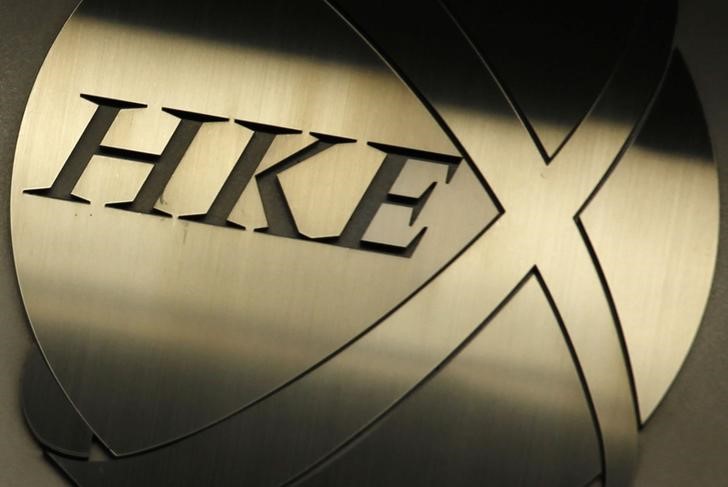(Bloomberg) -- China Huarong Asset Management Co. slumped 40% in Hong Kong as a nine-month trading suspension was lifted following a $6.6 billion state-orchestrated bailout of the troubled bad asset manager.
The Beijing-based firm slid HK$0.41 to HK$0.61 as trading opened in Hong Kong.
The company said late Tuesday that it had taken measures to return to its core business, simplify its structure, reduce capital consumption and increase returns. It reported a profit of 1.62 billion yuan ($255 million) in the first six months of 2021, compared with a loss of about 106.3 billion yuan in all of 2020.
Huarong last week completed a recapitalization of 42 billion yuan from a group of state-back investors led by Citic Group, and has also embarked on disposals of none-core assets to pare back its sprawling empire. After roiling Asian credit markets with a delay in earnings and a record loss, Huarong proved to be too big to fail for Chinese authorities at a time of slowing economic growth and rising debt defaults.
Citic Group is now Huarong’s second-largest shareholder after the Ministry of Finance, while China Insurance Rongxin Fund is the third-biggest.
Huarong is holding a media briefing Wednesday morning with some of its strategic investors.
Hong Kong-traded shares of Huarong have been suspended since the beginning of April, when the company spooked the market with a delay in announcing its 2020 financial results, sending its dollar bonds to record lows. The bonds have mostly recovered.
Huarong is now seeking buyers for its banking, financial leasing and securities units. The firm last month agreed to transfer a 70% stake in Huarong Consumer Finance to Bank of Ningbo Co. for about 1 billion yuan.
“The valuation achieved by the disposals will determine its capital buffer relative to the minimum regulatory requirement and will be key in absorbing losses,” Fitch Ratings said in a report last month. “We believe near-term asset risk at its core business and leverage will stay elevated due to its weak asset quality and business nature.”
Together with China Cinda Asset Management Co., China Great Wall Asset Management Co. and China Orient Asset Management Co., the company was created to buy bad loans from banks in the aftermath of the late 1990s Asian financial crisis, when decades of government-directed lending to state companies had left China’s biggest lenders on the brink of insolvency.
The bad-debt firms later expanded beyond their original mandate, creating a maze of subsidiaries to engage in other financial businesses and borrow billions from the bond market. Huarong was the most aggressive of the four under former Chairman Lai Xiaomin, who was executed in January last year for crimes including bribery.
©2022 Bloomberg L.P.
